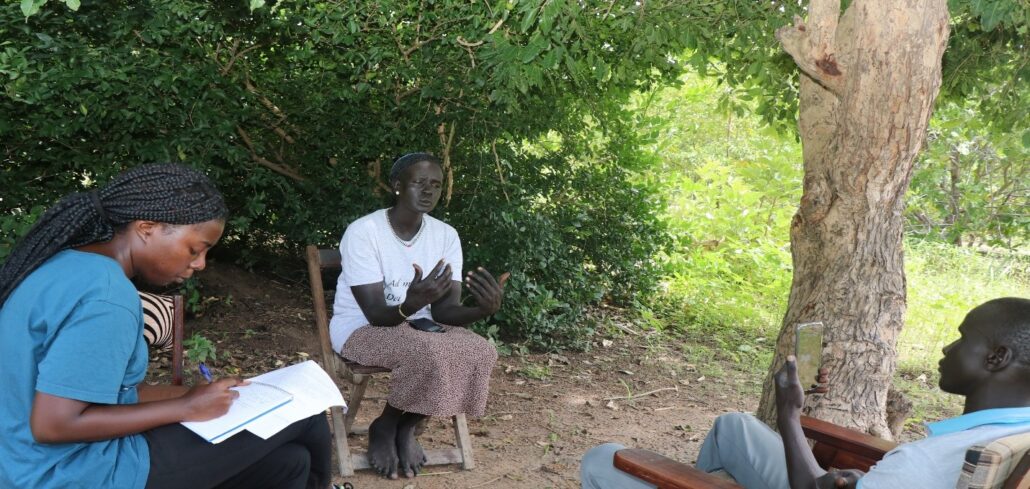
World Day to Combat Desertification & Drought is observed on the 17th June each year to promote public awareness of international efforts to combat desertification – this international day is a time to reflect on climate change and how its impacts are effecting not just thousands of people in the present but worryingly thousands more in the near future.
Droughts are among the greatest threats to sustainable development, especially in the global south countries, but the problem is increasing here in Europe. In fact, according to the UN, forecasts estimate that by 2050 droughts may affect over three-quarters of the world’s population.
The number and duration of droughts has increased by 29 percent since 2000, as compared to the two previous decades (WMO 2021). When more than 2.3 billion people already face water stress, this is a huge problem.
Women hold a vital stake in the health of the land, especially in the global south – yet they often don’t have control over it.
As a global community the need to recognise the unfair burden placed on the global south. “African nations are responsible for an estimated 4% of greenhouse gas emissions, but are increasingly on the frontlines of the most devastating climate impacts, including lethal droughts and floods” (Forbes, 2022). Despite the global south contributing the least to rising sea levels and the devastating effects of climate change – the developing world face the brunt of the climate emergency facing us all.
Below is a personal story from Akol Jal in South Sudan where a woman farmer shared their story for us to gain more of an understanding of how climate change has affected them.

The farmers shared several challenges associated with climate change including delay in the rains which affected planting season. They also shared how once the rainy season began, it led to floods affecting their farms, crops, harvest, roads, and other forms of infrastructure. In worst cases people have lost their shelters, homes and livelihoods and have been exposed to diseases such as Malaria, which is very common during the rainy season.
Deborah Apeth is a farmer in Akol Jal; there she has several plots where she plants groundnuts, kale and pumpkins. Expecting rains to begin in late April or early May, she cultivates and planted some crops, but the rains never came. She said when the rains did begin it led to floods destroying crops including the pumpkins she had grown. At her home, the level of food security was already low prior to the floods but her situation has worsened as her expected harvest was destroyed by the rains and now her family has very little to eat at home despite her farming skills.
Deborah’s story is sadly common in the global south as farmers struggle to cope with extreme weather as result of climate change. If communities found in Akol Jal continue to struggle this way with no support from the international community by way of climate action & support – disadvantaged areas will continue to suffer.
For more information on World Day to Combat Desertification and Drought, click here

